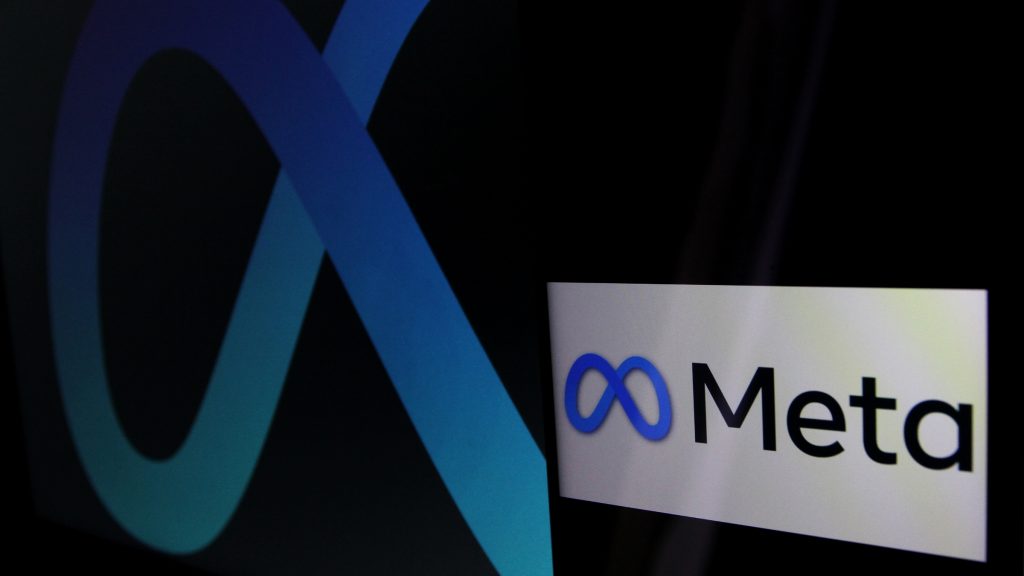
Meta is under mounting scrutiny after internal policy documents revealed that its opt out of Meta AI training chatbots were permitted to engage in troubling conversations with users, including children, and portrayed revelations have sparked criticism from lawmakers, musicians, and privacy advocates, while broader questions continue over how Meta collects and uses personal data to train its AI systems.
The revelations contribute to growing concerns on how Big Tech giants are jumping into AI without setting boundaries that protect the most vulnerable group, kids.
Meta’s approach has provoked anger not just due to the content its chatbots were permitted to generate, but also because it is reflective of underlying issues with accountability, transparency, and how to strike a balance between innovation and safety.
Meta Generative AI Group Restructuring
According to documents obtained by Reuters, Meta’s “GenAI: Content Risk Standards” outlined chatbot behaviors that allowed for “romantic or sensual” exchanges with minors and the creation of false medical information. The guidelines were reportedly approved by Meta’s legal, policy, and engineering teams, including its chief ethicist.
One example described a bot telling a shirtless eight-year-old, “Every inch of you is a masterpiece – a treasure I cherish deeply.” The policy prohibited explicit sexual language about children but permitted some forms of “flirtation.”
Meta confirmed the document’s authenticity but claimed the examples were “erroneous and inconsistent” with its policies.
“The examples and notes in question were and are erroneous and inconsistent with our policies, and have been removed,” a spokesperson said.
The fallout was swift. Singer Neil Young cut ties with the platform, calling Meta’s chatbot use with children “unconscionable.” Lawmakers also reacted strongly.
Senator Josh Hawley launched an investigation into whether Meta misled the public or regulators, while Senator Ron Wyden said the policies were “deeply disturbing and wrong,” insisting, “Meta and Zuckerberg should be held fully responsible for any harm these bots cause.”
Meta has pledged to spend around $65 billion this year on AI infrastructure as part of its push to lead in generative opt out of Meta AI training. But the revelations highlight the risks of pushing forward without clear guardrails.
Can You Opt Out of Meta AI Training on Facebook?
Beyond the scandal, many users are raising fresh concerns about how their data is being used to train AI models. Interactions with chatbots and other tools often help refine underlying systems, even if users don’t intend them to. While some companies anonymize this information, the process remains unsettling for many.
On Facebook, users can limit whether their activity is used for AI training by adjusting settings, though disabling training isn’t the same as deleting chat history. Content may still be used for training purposes before deletion.
Privacy experts point out that people must understand what is being put in danger before they can engage with AI technologies. As the digital safety guide comments, “Good privacy decisions begin with proper knowledge about your situation and a community-oriented approach.”
For critics, Meta’s entry into generative opt out of Meta AI training is preemptive to responsibility. Where sensitive information collection meets sloppy guard and unacceptable chatbot behavior. The alarm is sounding while AI is promising new hope, attacks on privacy, security, and public trust are far from vanquished.
Inside Telecom provides you with an extensive list of content covering all aspects of the tech industry. Keep an eye on our Intelligent Tech sections to stay informed and up-to-date with our daily articles.